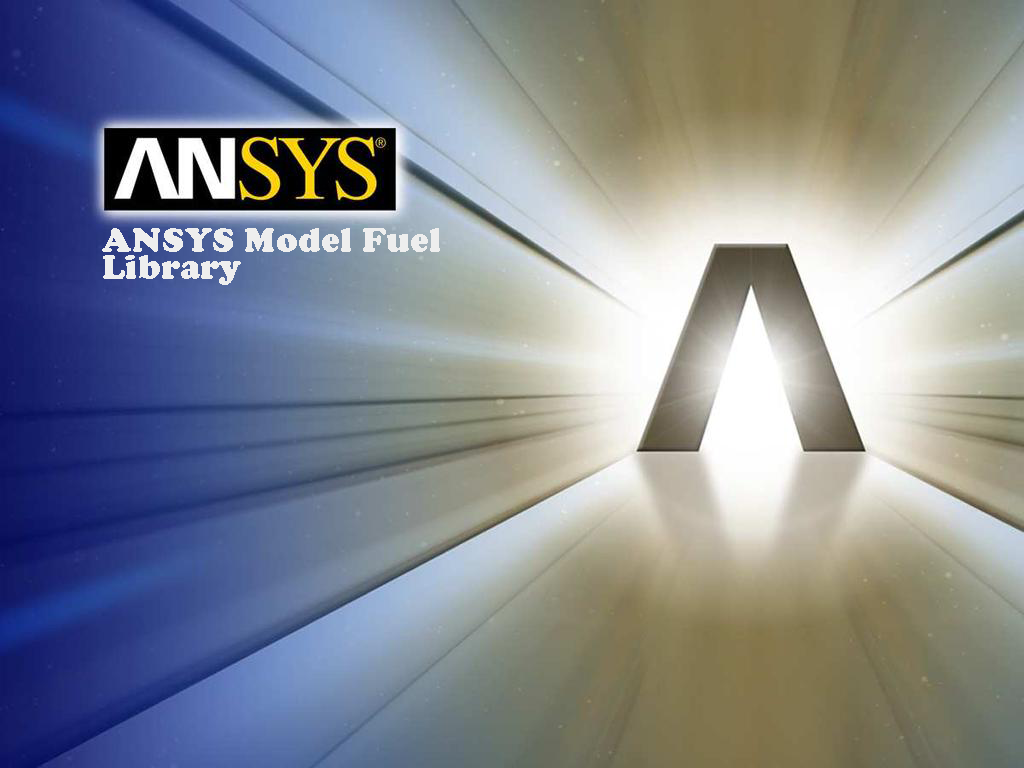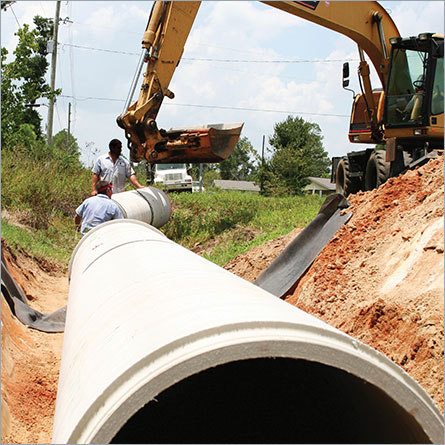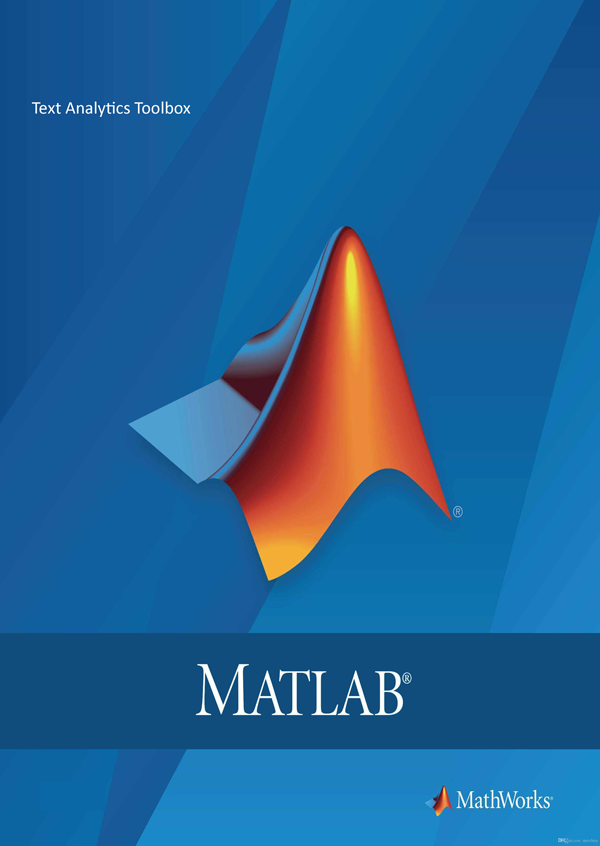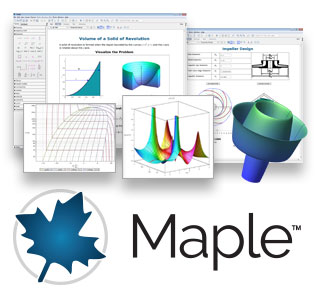ANSYS Model Fuel Library
Today’s engine and combustor designers are striving to attain low emissions and high efficiency more rapidly and at a lower cost than ever before. Combustion modeling can generate substantial savings in engine development cost and improved product quality, but challenges in achieving these benefits often arise due to inaccuracies in the fuel model. Engine designers have traditionally used severely reduced fuel models in combustion simulations. These models can require complicated tuning or adjustment in order to provide predictive results. Alternatively, advanced combustion simulation tools like ANSYS Forte and ANSYS Chemkin-Pro can take advantage of larger and more accurate fuel models and still provide fast time-to-solution. The Model Fuel Library provides a set of accurate real-fuel models that are easy to use in modern tools.
Developed by Model Fuels Consortium
The Model Fuel Library is based on both the outcome of the industry-driven Model Fuels Consortium (2006-2012) project and the ongoing Model Fuel Library Subscription Service that maintains the library to keep it up to date with the state of current combustion science.
Over 60 Master Fuel Components Included
MFL includes validated models for over 60 master fuel components that can be used to create accurate simulations for combustion of such common fuels as gasoline, diesel, jet fuel, FT fuels, natural or synthetic gas, biofuels and additives. Such fuels may be represented by “surrogate fuels” that are a combination of multiple MFL fuel components.
Mechanism Reduction with Chemkin-Pro Reaction Workbench
Putting mechanisms in the library is easy with Chemkin-Pro Reaction Workbench. Within Reaction Workbench, the surrogate blend optimizer automatically determines the best surrogate blend to match real multicomponent fuel physical properties. Reaction Workbench then automatically reduces the mechanism size using a combination of reduction techniques.
Use with ANSYS Simulation Software
The Model Fuel Library offering is encrypted for use with ANSYS software, including ANSYS Chemkin-Pro, Reaction Workbench, Energico, ANSYS Forte and ANSYS Fluent. With the Model Fuel Library, it is possible to model most real fuels by either exactly representing the chemical properties of the fuel or by formulating an appropriate surrogate.
-
5 Stars
-
4 Stars
-
3 Stars
-
2 Stars
-
1 Stars
Average Star Rating: 0.0 out of 5
(0 vote)
If you finish the payment today, your order will arrive within the estimated delivery time.






Reviews
There are no reviews yet.